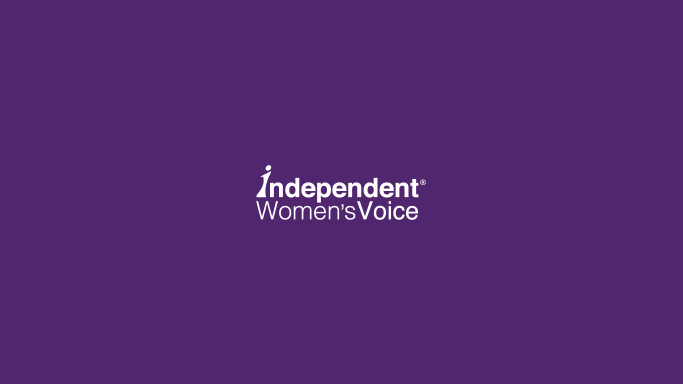Independent Women’s Voice commissioned the polling company™, inc./WomanTrend to conduct a survey of 1,200 registered voters residing in 35 U.S. Congressional Districts, a full list of which can be can be seen here. The survey was fielded March 8-10, 2010 at a Computer-Assisted Telephone Interviewing (CATI) facility using live callers. Sampling controls were employed at the regional level, meaning that a proportionate number of and demographically representative interviews were collected according to the compositions of the Census-defined regions.
National polls don’t capture the demographics or sentiment of these districts. Respondents from these districts self-identify as 40% Republican v. 32% Democrat, 90% have insurance, 71% are married, and 48% self-identify as conservative. They have paid attention to the heath care debate (73% saw at least some of the summit) – and 55% say that what they’ve seen and heard lately have left them less supportive of the legislation, while 60% say “start over with a bipartisan plan” or “stop working on health care altogether.”
Indeed, they massively reject the individual aspects of health care reform. Many national polls have only asked about BENEFITS PROVIDED BY THE PLAN without asking about the costs and consequences they entail. That’s like asking how many kids want ice cream at recess, without mentioning that their allowance for the year will be taken in exchange and the principal gets to choose the flavor. This poll put the individual aspects in context.
Most important, critical masses of voters say they will actually support their Member of Congress this November if that Member opposes the bill. Voters will hold Members accountable for process as well as content: 63% don’t think a Member should vote for a reconciliation package unless they mean for the Senate bill, as is, to become law.
Nearly seven in ten voters also feel that health care is distracting Congress from bigger priorities, like jobs.

